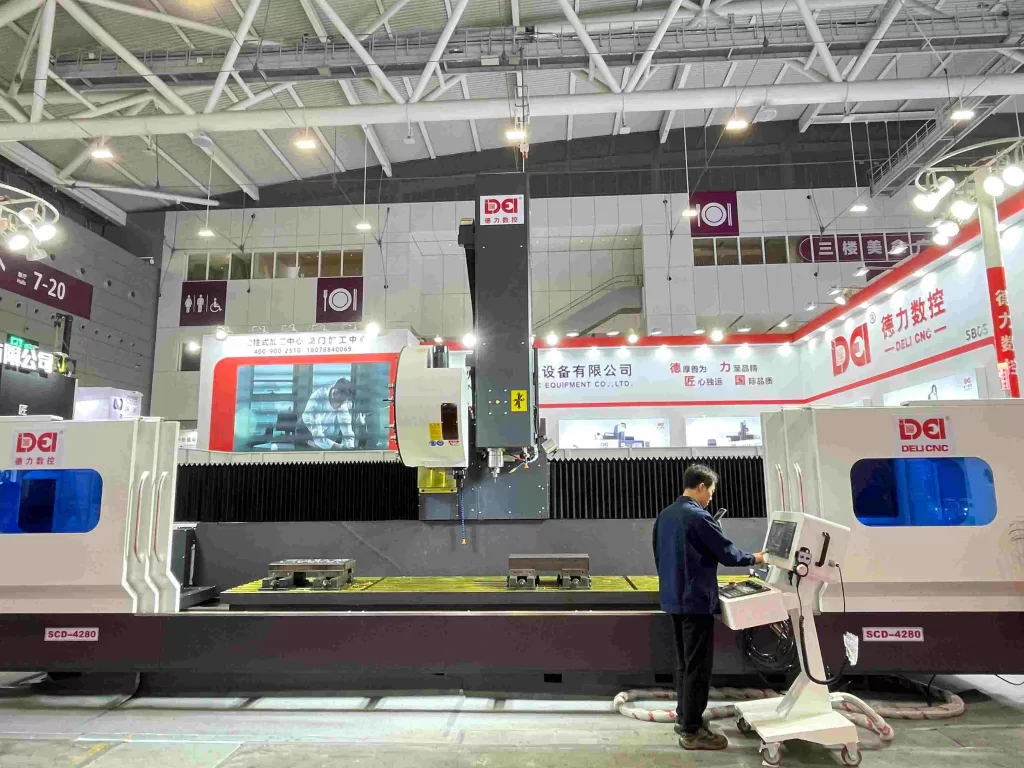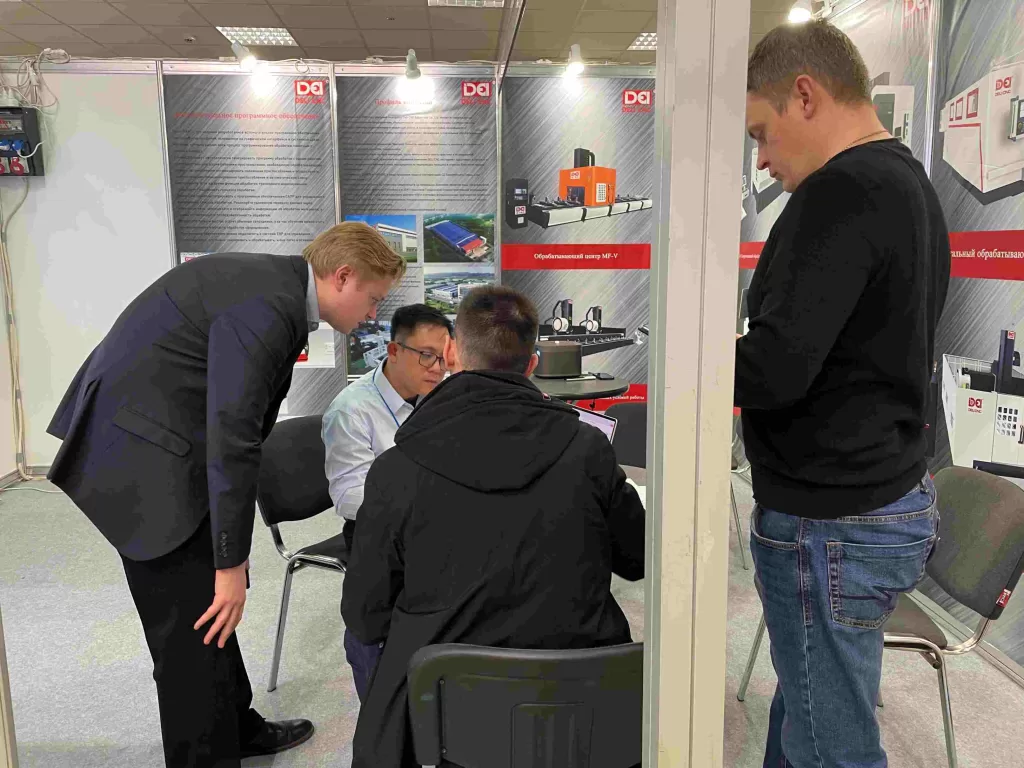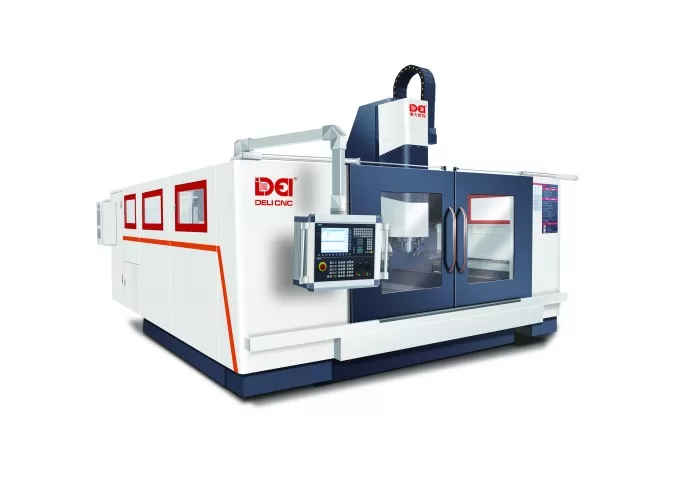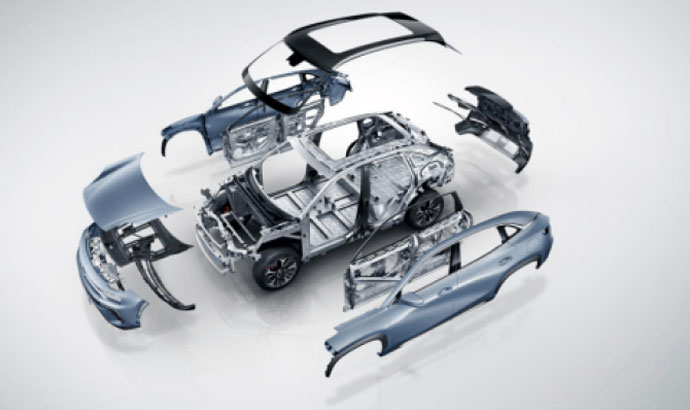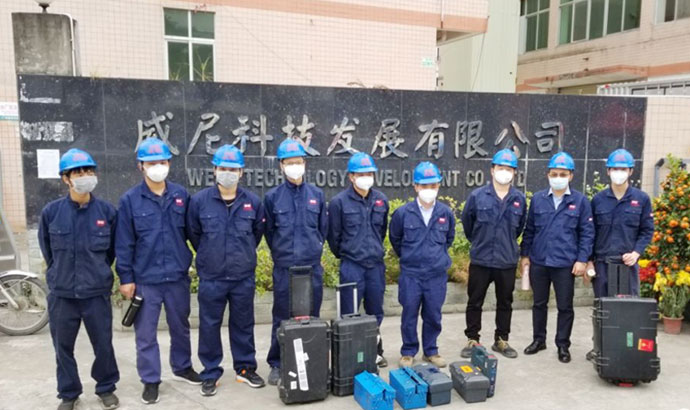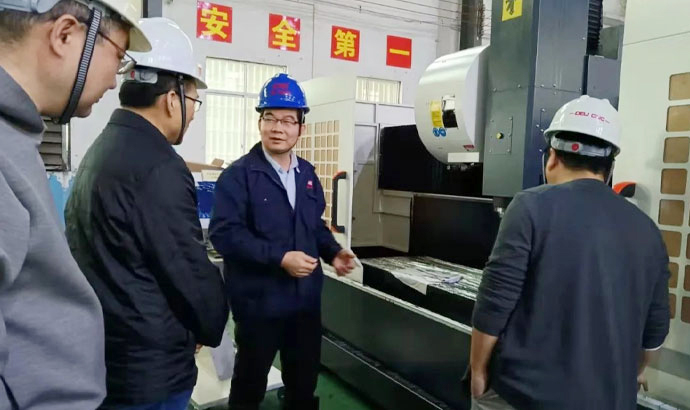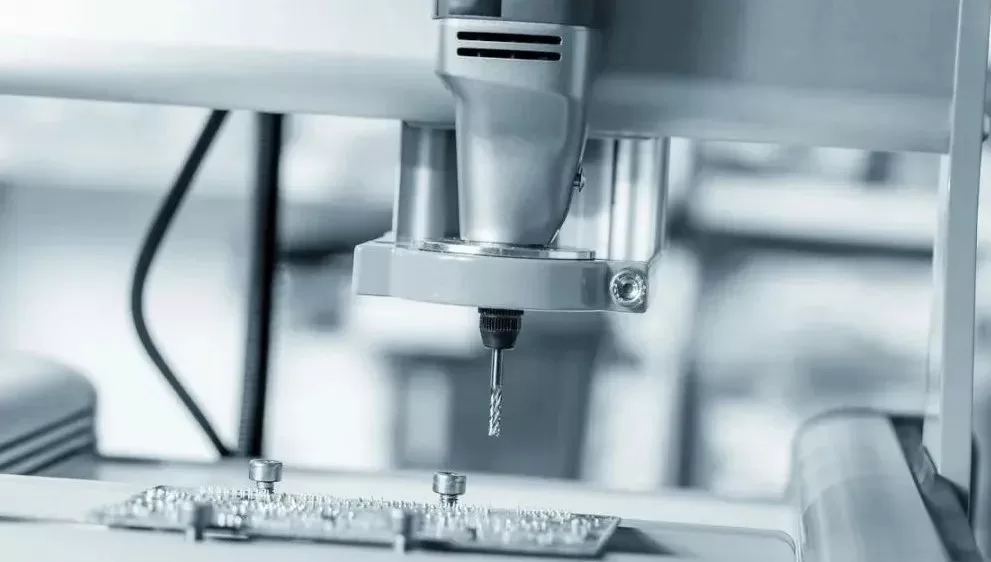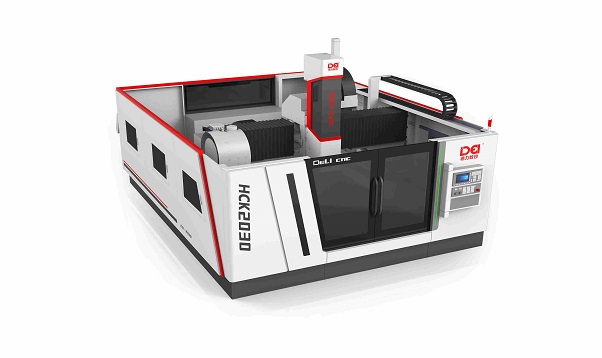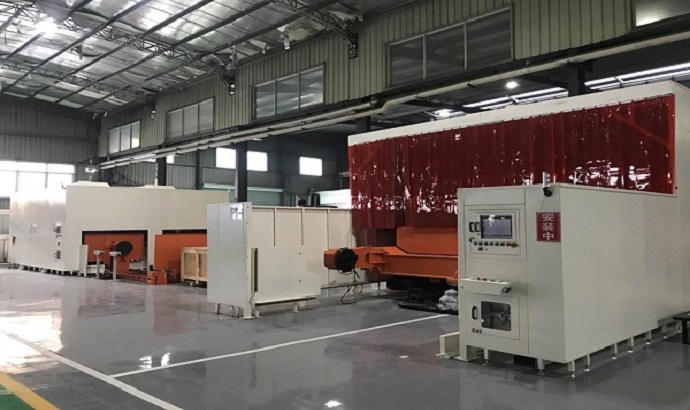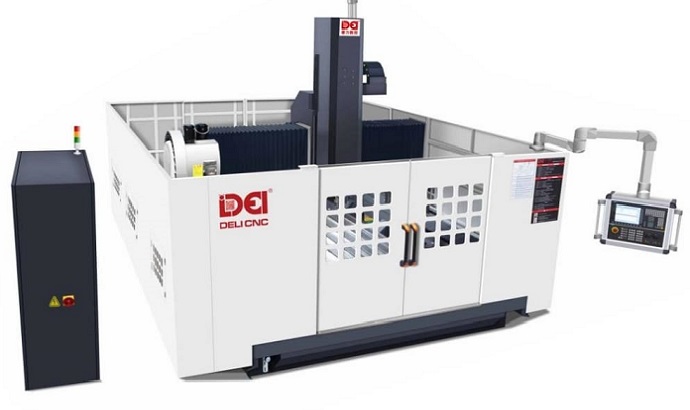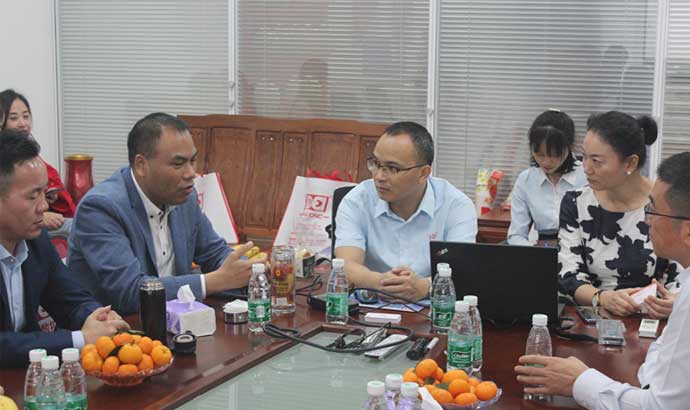Explore new development trends in the Metal Processing industry
The metal processing industry continues to grow, especially in sheet metal processing. The industry’s growth is in line with growth in related industries such as manufacturing, construction, aerospace, automotive, electronics, food processing and telecommunications. At the same time, the application of modern manufacturing technologies including robots, automation systems and the Internet of Things is accelerating.
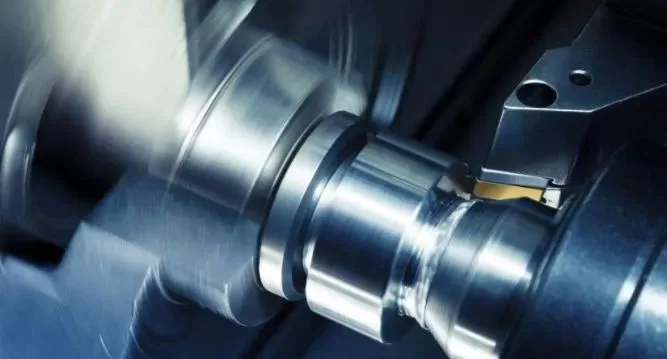
1. “Digital technology” becomes increasingly important
The metalworking industry has changed dramatically over the past few years. Today, it is more digital and data-driven than ever. According to international data company IDC, the 2020 COVID-19 pandemic highlighted the unprecedented power of digital technology and productivity, and digital technology will dominate the Southeast Asian market by 2023. It is estimated that in 15 years, 1/3 of companies will generate more than 20% of their revenue from digital products and services, compared with only 1 in 6 in 2020.
2. The Internet of Things (IoT) helps reduce production costs
According to a report by McKinsey Global Institute, the application of IoT can reduce maintenance costs by 25%, reduce unplanned downtime by 50%, and extend machine life by several years. As companies look to improve productivity and machine reliability, predictive maintenance technology will also play a key role in reducing maintenance complexity. Technologies that enable predictive maintenance and machine health monitoring remain critical to reducing operating costs and improving operational efficiency. By installing a variety of real-time data collection devices and using IoT-connected devices to measure output quantity and quality, factories will be able to predict when or how maintenance of machinery parts will be needed.
3. “Robotic technology” is creating manufacturing excellence
With the increasing use of digital technology and automation and the increase in the global aging population, many manufacturers are considering using robotics to increase productivity and help create added value. The demand for automation in the metal processing industry is expected to increase more than fivefold by 2025.
4. ESG concepts should become a top priority
Climate change, geopolitics, capital and labor are all reshaping the mining and metals industries. We will continue to see demand from the metalworking industry for manufacturing that must comply with environmental protection, occupational health and safety standards. Sustainable production is no longer a “nice-to-have” but a “must-have” and can be achieved by using fewer resources and being more energy efficient. If metal processing companies can apply ESG concepts in product development, they will be able to create greater advantages and business opportunities.
-
28-11-2023Deli CNC appeared at DMP Greater Bay Area Industrial Expo
-
20-11-2023Tips for using the Machining Center(3)
-
14-11-2023Tips for using the Machining Center(2)
-
08-11-2023Tips for using the Machining Center : How to set the tool in the machining center?
-
27-10-2023DELI CNC in the TECHNOFORUM & RUSWELD 2023
-
25-10-2023Analysis of CNC machine tools
-
23-09-2022Deli CNC’s Role in New Energy Vehicle Manufacturing
-
23-09-2022Deli CNC Helps the Epidemic Production War! Increase Production Capacity of Masks
-
23-09-2022The Innovation Center Working Group Visited the Shareholder Company Deli CNC
-
23-09-2022Guangzhou Deli CNC, A Caring Enterprise of China’s Civil Construction, Donated Anti-epidemic Materials in Baiyun District
-
05-12-2023Metal processing industry in Automotive manufacturing
-
03-11-2023Prospects for the Metal processing industry in Automotive manufacturing
-
31-10-2023Industry Observation丨Many Chinese new energy vehicle industry chain companies have received capital investment from the Middle East
-
20-10-2023Explore new development trends in the Metal Processing industry
-
17-10-2023Enlightenment of changes in the automobile industry on the machine tool industry
-
06-03-2023How Does 5 Axis CNC Machining Technology Change Automobile And Aviation Manufacturing?
-
14-12-2022CNC Five-axis Machining Center Creates The High-end Tools Market
-
22-11-2022What Is CNC Machining Center Equipment ?
-
23-09-2022Deli CNC Warmly Welcomes the Exchange Group of Guangdong Door and Window Association to Visit and Exchange


